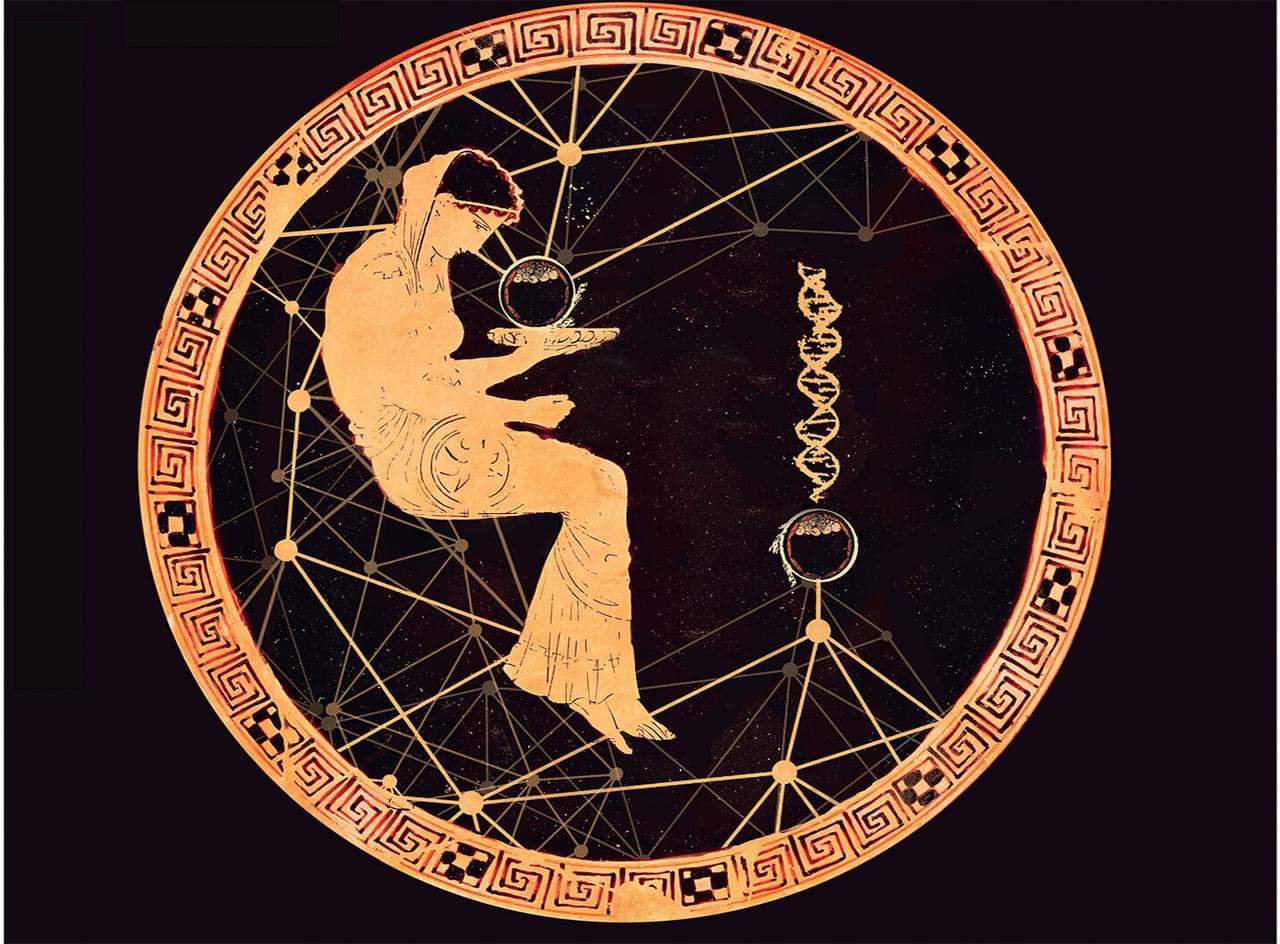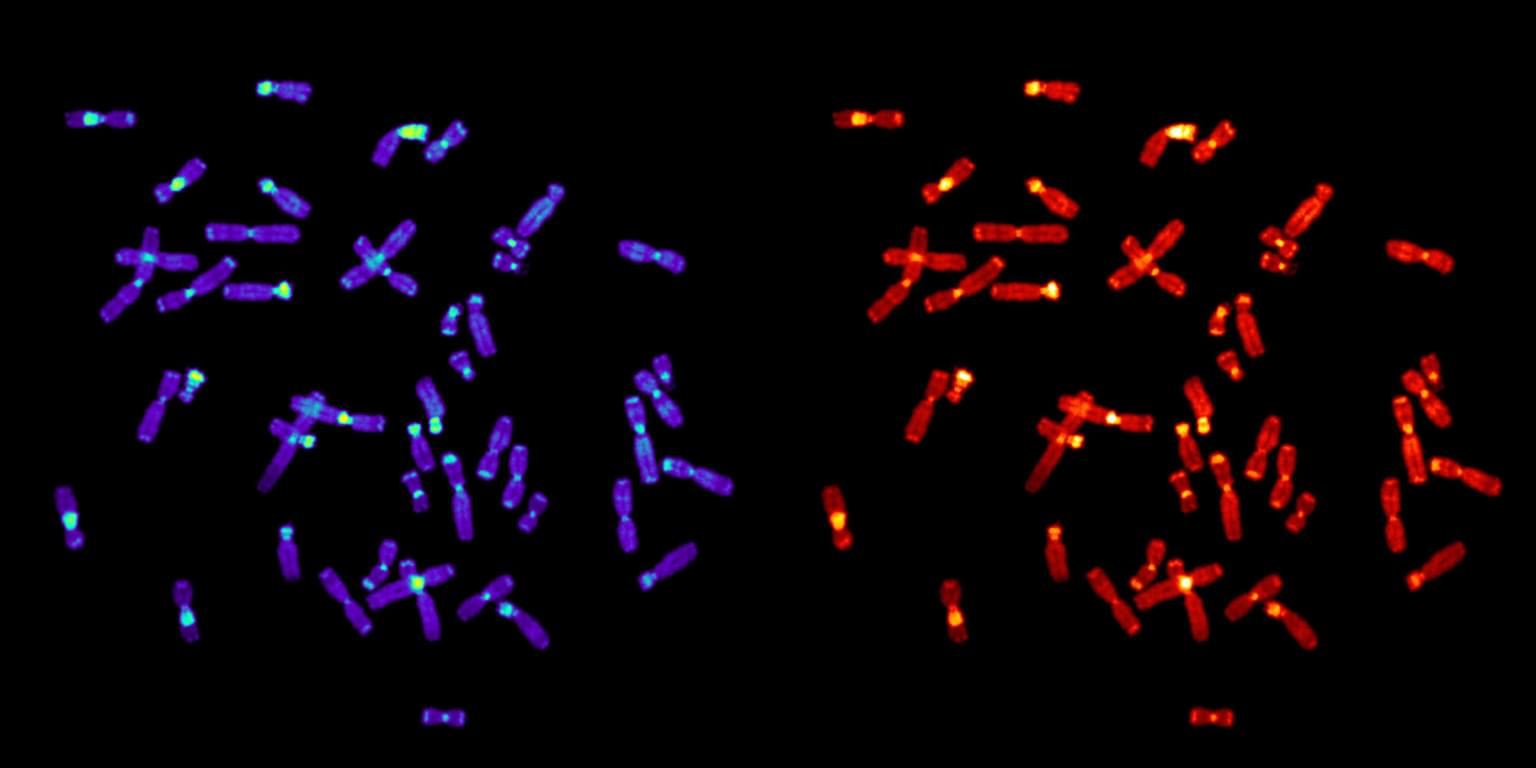News
11 April 2025
Road to Research: Q&A with Alex Garruss, Ph.D., Jim and Virginia Stowers Fellow
“There are few rewards as powerful and as elevating as making a clear, robust scientific observation that advances the field.”
Read Article
News
"It excites me to know that, as a team, we can accomplish things that few people in the world can do, and the Institute enables us to do that by providing all the necessary resources."
Rachel Livella is the Laboratory Manager for the Invertebrates group within the Aquatics department at the Stowers Institute. The team cares for many aquatic invertebrate research organisms at the Institute: sea anemones, planarian flatworms, apple snails, and coral. Livella graduated with a bachelor's degree in Ecology and Evolutionary Biology from the University of Kansas in 2015.
What brought you to Stowers?
I was working at a local aquarium store where I met a member of the Stowers Institute. He encouraged me to apply for a position on the Invertebrate team. I had no idea that the Stowers Institute had an Aquatics department, but it seemed like a great fit, so I applied and got the job! Eight years later, here I am!
Why are you interested in your field of research?
I have always had a fascination with unique creatures, especially animals with complex biology and life strategies—so invertebrates have been high on my list of interests. I grew up going to lakes, rivers, and oceans where I was captivated by the most extreme creatures—most of which are invertebrates—living in the waters. I loved learning about different animals and how they evolve, adapt, and interact within their environment. In college, I realized I wanted to combine my interest in ecology and evolutionary biology with my skills as an aquarist, so I focused my studies on the care and culture of aquatic species, fish, plants, and various invertebrates.
What inspires you to keep working in your field?
There is still so much we don't understand about how invertebrates live and interact with their environment; we need to continue to strive to learn more. Understanding the unique characteristics of invertebrates and what they bring to the ecology of living systems can teach us a lot about how the ecosystems work and how we might help them thrive in the future. Invertebrates’ amazing abilities and unique biology could one day be translated to help improve human health and our environments, as well as yield possible solutions for disease.
What have you found most rewarding about your work?
I find overcoming husbandry challenges very rewarding because you can see your effort returned in the form of good health and reproduction of the animals under your care. Learning new skills, taking on new projects, and helping new people keep me motivated to do my work every day. It excites me to know that, as a team, we can accomplish things that few people in the world can do and the Institute enables us to do that by providing all the necessary resources.
What impact do you hope your research will have?
I hope that the pioneering work we do in the field of invertebrate culture will enable researchers to study animals they wouldn't normally have access to and provide the animals or gametes in quantities they need to do amazing research. I also hope that we can share our knowledge with other aquarists, so they may find greater success with their animal husbandry as well.
News
11 April 2025
“There are few rewards as powerful and as elevating as making a clear, robust scientific observation that advances the field.”
Read Article
News

09 April 2025
New study shows how we can better learn our genome’s hidden grammar, potentially paving the way for personalized medicine.
Read Article
News

09 April 2025
The multi-institutional study assembling six ape genomes provides a new appreciation for how chromosomes evolve.
Read Article
